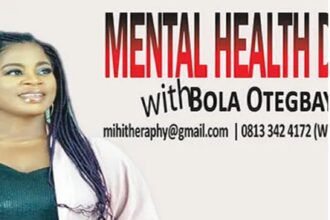I have a relative who has been suffering from Depression for the past few weeks. Kindly let me know how to manage his condition.
Gani (by SMS)
Depression is a complex condition, and evidence from neuroscience shows that both medication and psychotherapy bring about similar changes in brain functioning, classifying them both as biological treatments. As a result, current guidelines increasingly recommend psychotherapy as a viable option, regardless of perceived cause, either alone or alongside antidepressant medications.
Several effective techniques are used in the treatment of depression, each targeting different aspects of the condition. Here are some of the key techniques commonly employed: Behavioral activation: Behavioral Activation for depression is a therapeutic approach that focuses on helping you engage in positive and rewarding activities to alleviate depressive symptoms. By scheduling and participating in activities you once enjoyed, you can break the cycle of depression and experience an improvement in mood and motivation.
Problem-solving skills: Problem-solving therapy helps you identify and address specific problems contributing to your depression. By learning effective problem-solving strategies, you can gain a sense of control and reduce feelings of helplessness.
Mood monitoring: Keeping track of your mood fluctuations and identifying triggers can help you become more aware of your emotional patterns. Mood monitoring aids in recognizing early signs of depression and allows for timely intervention.
Goal setting: Establishing realistic and achievable goals can provide you with a sense of purpose and direction. Accomplishing these goals boosts self-esteem and contributes to overall well-being.
Cognitive restructuring: This technique involves challenging and modifying negative thought patterns. By replacing irrational thoughts with more balanced and positive ones, you can alter your emotional responses and reduce depressive symptoms.
Mindfulness and meditation: Mindfulness practices involve cultivating present-moment awareness and nonjudgmental acceptance of thoughts and emotions. Mindfulness meditation can help you develop greater emotional regulation and cope with distress more effectively. Relaxation techniques: Learning relaxation techniques, such as deep breathing exercises or progressive muscle relaxation, can help reduce stress and promote relaxation. Gratitude journaling: Practicing gratitude by keeping a journal of positive experiences and things to be grateful for can enhance feelings of positivity and well-being.
READ ALSO: LG autonomy: We’ll pursue anyone who defies Supreme Court ruling — ICPC








